May 2, 2025
Sustainability and wellbeing yet again key themes of South West BCO Awards
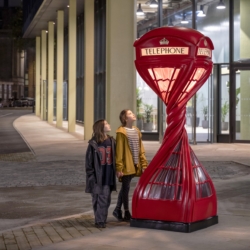 Seven office developments across the South of England and South Wales have been recognised as the region’s most outstanding workplaces at the annual British Council for Offices (BCO) Awards. Among the winners were three Bristol-based projects, highlighting the city’s growing reputation for innovative, inclusive and sustainable office design. The awards ceremony, held at We The Curious in Bristol, celebrated excellence in office design, fit-out, and environmental performance. With a strong emphasis this year on ESG (Environmental, Social, and Governance), wellbeing, and inclusivity, the judges praised the winning projects for their forward-thinking, occupier-focused approaches. (more…)
Seven office developments across the South of England and South Wales have been recognised as the region’s most outstanding workplaces at the annual British Council for Offices (BCO) Awards. Among the winners were three Bristol-based projects, highlighting the city’s growing reputation for innovative, inclusive and sustainable office design. The awards ceremony, held at We The Curious in Bristol, celebrated excellence in office design, fit-out, and environmental performance. With a strong emphasis this year on ESG (Environmental, Social, and Governance), wellbeing, and inclusivity, the judges praised the winning projects for their forward-thinking, occupier-focused approaches. (more…)





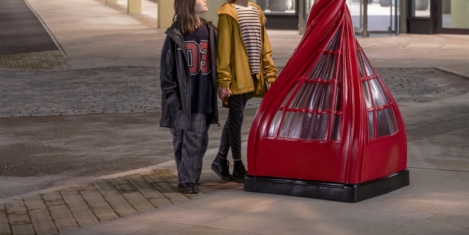

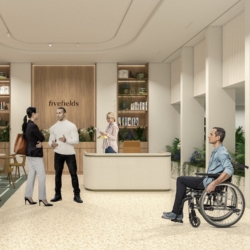






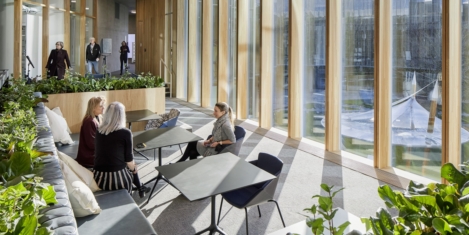
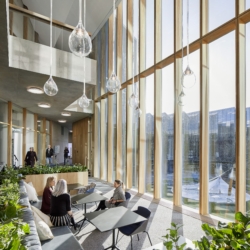





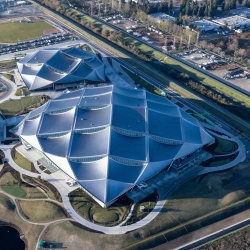



 The focus on creating a more sustainable workplace is increasing. Many designers, specifiers, manufacturers, suppliers and, of course, users are pledging their allegiance to the cause. Some are driven by a genuine recognition of the climate crisis whilst others are appreciating that commercially, it’s an essential direction. ‘Zero to landfill’ has been given ‘green bragging rights’ for some time. In reality, due to the significantly lower cost of incineration versus recycling, most material isn’t reclaimed, it is burnt. Whilst ‘energy from waste’ might alleviate some guilt, it is still contributing to pollution.
The focus on creating a more sustainable workplace is increasing. Many designers, specifiers, manufacturers, suppliers and, of course, users are pledging their allegiance to the cause. Some are driven by a genuine recognition of the climate crisis whilst others are appreciating that commercially, it’s an essential direction. ‘Zero to landfill’ has been given ‘green bragging rights’ for some time. In reality, due to the significantly lower cost of incineration versus recycling, most material isn’t reclaimed, it is burnt. Whilst ‘energy from waste’ might alleviate some guilt, it is still contributing to pollution. 







November 8, 2024
That conversation about hybrid working? Same as it ever was
by Marcus Bowen • Comment, Facilities management, Flexible working, Property